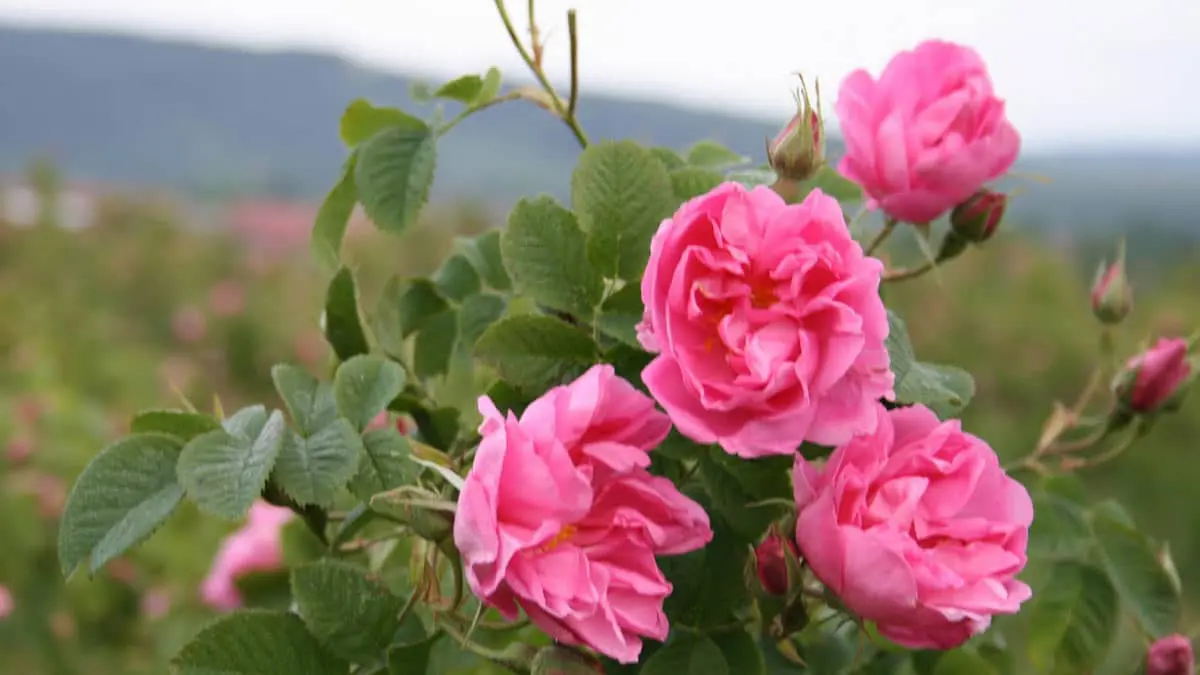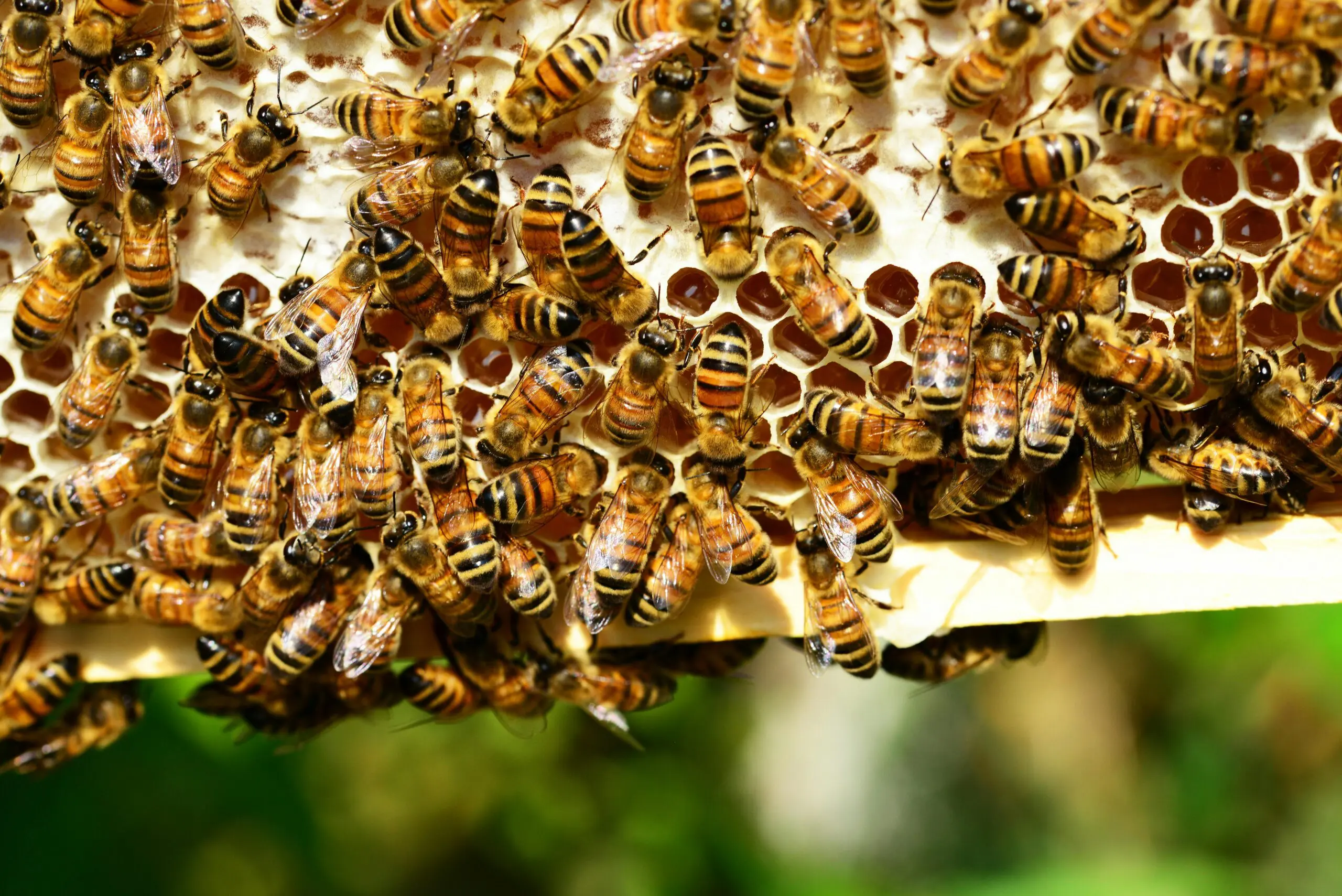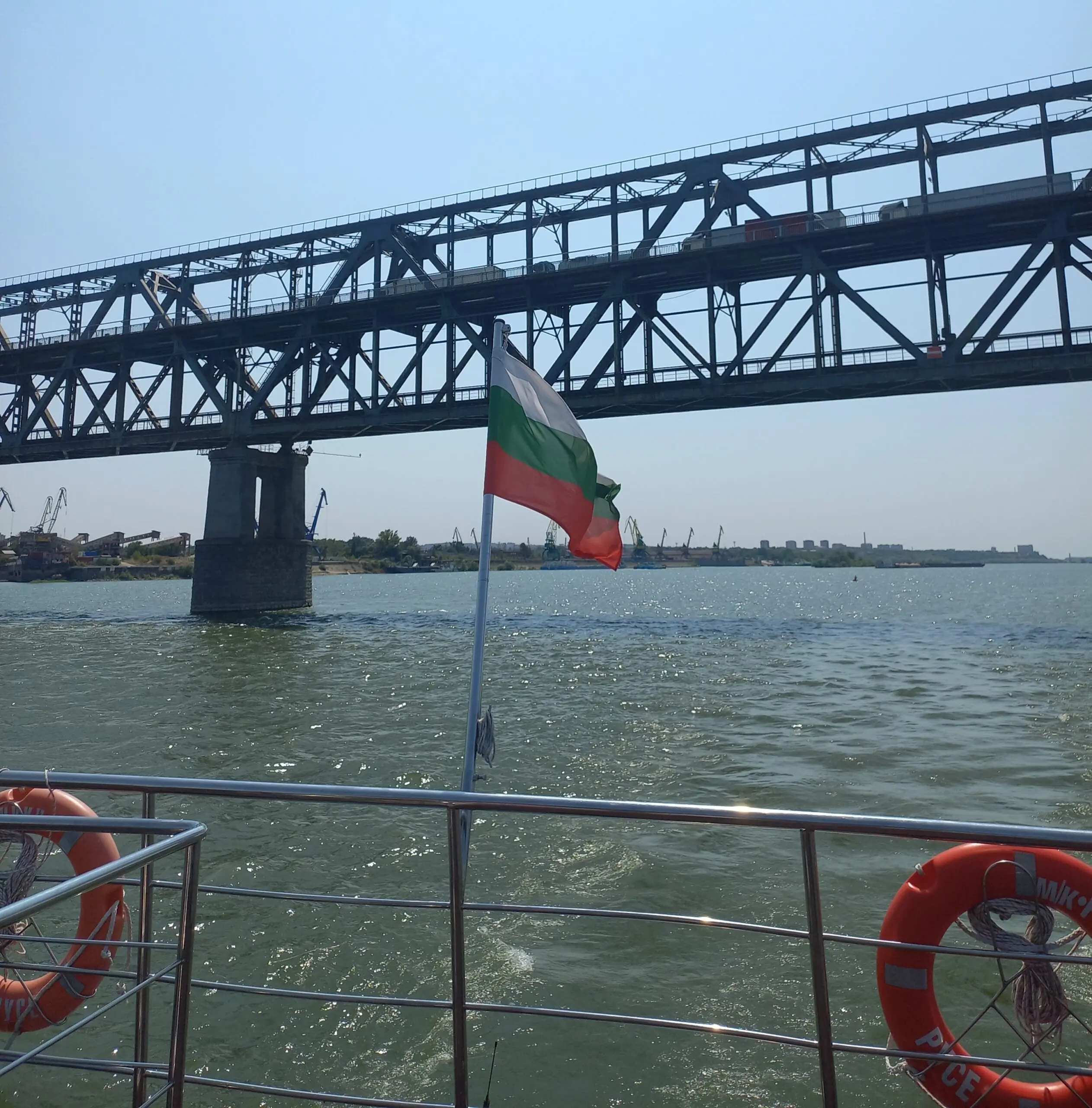The strategic plan for the development of the sector is nowhere
The Bulgarian Bank for Reconstruction and Development can help the farmers, according to the Union of Producers of Essential Oil Crops
The country has the lowest rate of payment per unit area in the EU
In the last 3 years, rose production in Bulgaria has been in severe collapse. This alarmed today in Plovdiv Zara Klisurova – President of the National Branch Union of Producers of Essential Oil Crops. According to her, the problems are accumulating one by one – untimely changes in the legislation, inadequate measures, low purchase prices and the lack of real protection of the sector, which our country is proud of before the Committee on Agriculture in the EC.
After the adoption of the Rose Act and the Unified Register, things in the sector have stalled again, she said.
Our country has the lowest rate of payment per unit area, which makes the sector uncompetitive.
Klisurava pointed out that the work on the strategic plan for rose production has continued for 4 months, but it has been stopped for months and “he has never seen the light of day”.
The hand-picking campaign, which is carried out manually, will again boil unprepared rose growers, Klisurova predicts.
She pointed out that the increase in prices leads to higher costs, and there is no compensation for the sector. The expert also expressed support for the request to increase the De Minimis measure.
The Bulgarian Bank for Reconstruction and Development (BDB) can help farmers with low-interest loans, Klisurova added.
Crisis measures to support rose production in Bulgaria in 2021
Bulgaria made an official inquiry to the European Commission about the possibility of implementing crisis measures to support rose production. This was stated by the Minister of Agriculture, Food and Forestry Desislava Taneva at a videoconference meeting of the Advisory Council on Oil Rose. She added that at the suggestion of rose growers, the country will want to implement the measure of non-harvesting of rose flowers.
Minister Taneva pointed out that at the moment it is important to provide funds to reduce the production of pink flowers, due to the lack of interest in buying it. She is adamant that our country must continue to make efforts to preserve rose production, because it is part of the brand with which we are recognizable around the world. According to the European regulation, the oil-bearing rose falls within the scope of measures against market disturbances caused by significant increases or decreases in domestic or external prices. According to Minister Taneva, in such cases the European Commission has the power to adopt delegated acts to introduce measures to deal with the relevant market situation. “In order to implement this measure in the Rose Production sector, we must present a reasoned argument for this request, which should include an analysis of the market and the reasons that led to the disturbances in the sector,” said the Minister of Agriculture. She specified that after receiving an official response from the European Commission for its implementation, our country will take all necessary actions for its timely launch.
Minister Desislava Taneva clarified that the other short-term measure is the notification of state aid to support producers of primary agricultural products, such as rose growers. Support should be expressed in quantitative terms, namely how the covid crisis has affected the production of pink flowers. The aid may be notified under the Temporary Framework available to the Member States of the European Union due to the pandemic.
During the meeting, the other measure proposed by the industry was discussed, namely the eradication of oil rose plantations. Minister Taneva stated that if there is unanimity for its application by all rose growers, it can be implemented through the Oil Rose Act. She also recalled the impossibility of including roses in the range of support through coupled support. The reason for this is that it does not fall into the sectors and industries eligible for coupled payments.
For their part, rose growers said that in the last two years the state has taken the first steps to support the sector with the adoption of the Oil Rose Act, but they are insufficient. Weaknesses in the marketing and advertising of Bulgarian rose oil at international exhibitions and forums were also reported.
In 2021, 2,894 rose growers were registered in the National Electronic Register of Rose Producers and Rose Processors, who grow 45,000 decares of plantations with Rosa damascena and Rosa alba. There are currently 51 rose processors operating in the country, which have 48 sites. Of the total produced oil rose 14,321 tons, in 2020 13,523 tons were processed, which represents 95% of the raw material produced. The average yield of an oil-bearing rose in 2020 is 315 kilograms per decare, and the average purchase price was BGN 2.04 per kilogram (www.infoz.bg).







